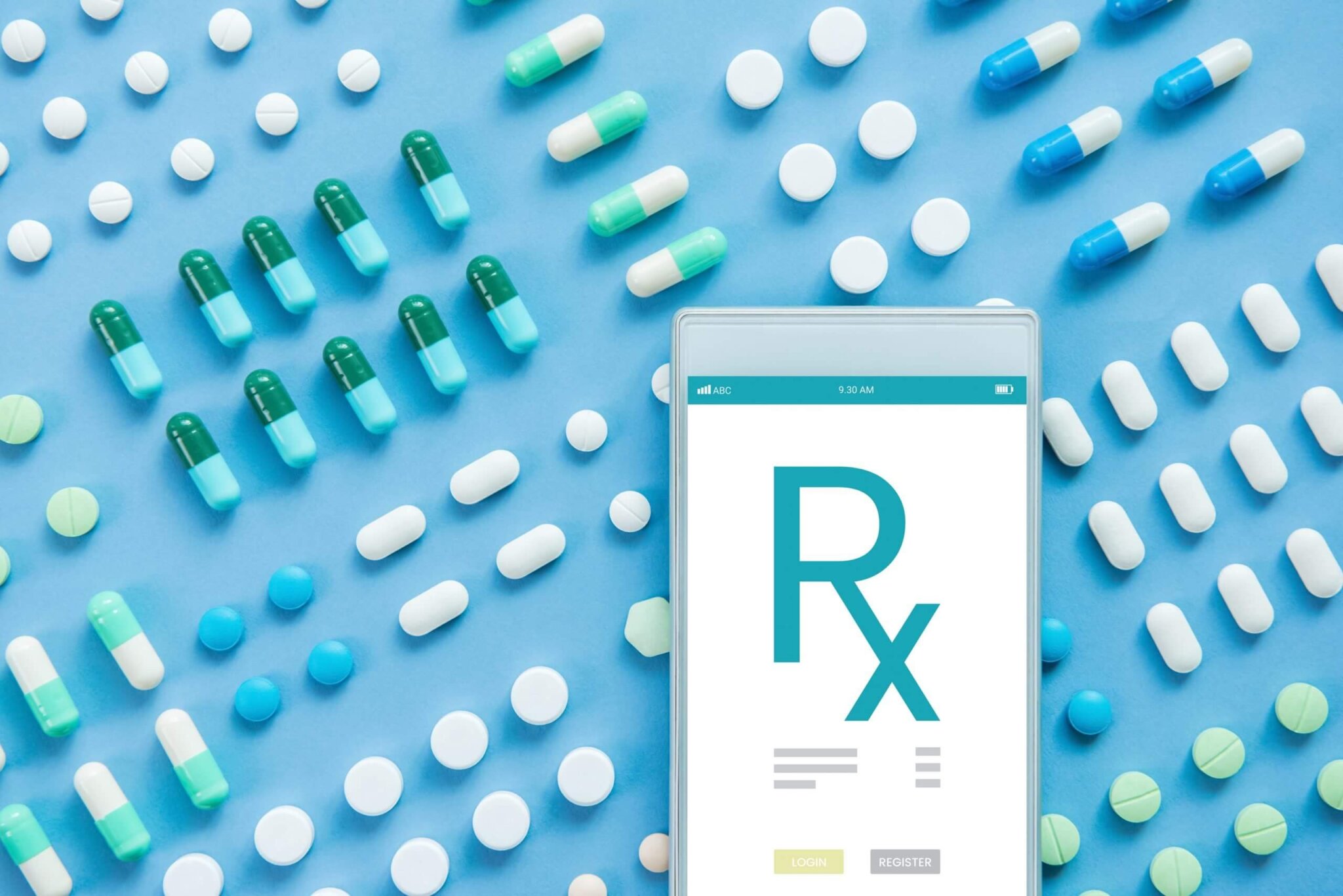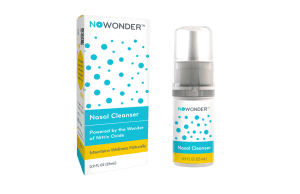 Health Risk Management Week, running from June 16th to 20th, highlights the importance of effective risk management in healthcare organizations to minimize medication errors. One area of healthcare that can greatly benefit from proper risk management is medication administration.
Health Risk Management Week, running from June 16th to 20th, highlights the importance of effective risk management in healthcare organizations to minimize medication errors. One area of healthcare that can greatly benefit from proper risk management is medication administration.
Medication errors can happen to anyone. Many people are familiar with a well-known case involving a famous actor’s newborn twins, who were accidentally given 1,000 times the correct dose of heparin due to confusion between similar-looking medication vials. Thankfully, they recovered, but the incident exposed critical issues, including look-alike, sound-alike (LASA) medications, labeling flaws, and lapses in staff verification. It also underscored the trust patients place in healthcare providers to ensure patient safety. This case spurred changes such as improved drug packaging and advanced hospital technology to reduce future errors.
In 1999, the Institute of Medicine (IOM) issued a report entitled “To Err Is Human: Building a Safer Health System” dealing with healthcare quality in the United States. In it, they ” found that medication errors resulted in up to 7,000 deaths in the US. In 2006, the IOM published another report called “Preventing Medication Errors,” which revealed that medication mistakes and related injuries were still a major problem.
What are the different types of medication errors?
Medication errors can occur at various stages, including prescription errors (such as prescribing the wrong medicine or dose), dispensing errors (where the incorrect medication or dosage is provided), and patient errors. Patient errors often involve issues like taking the wrong dose, missing doses, mixing medications with over-the-counter drugs, alcohol, or recreational substances, or taking medications at the wrong time. Among these, certain drugs are more commonly linked to patient errors, particularly in cases of overdosing.
Which drugs are most commonly linked to patient medication errors? 
The drugs most often linked to reactions needing treatment are:
- Insulin: a hormone and medication used to manage blood sugar levels. An overdose of insulin can lead to hypoglycemia (low blood sugar), which is dangerous and potentially life-threatening. On the other hand, missing a dose can be equally serious, causing uncontrolled blood sugar levels. This is where GLP-1 RAs such as Ozempic come in, offering the advantage of less frequent administration and reducing the risks associated with daily dosing.
- Anticoagulants: medications that help prevent blood clots by thinning the blood and reducing its ability to clot. An overdose of anticoagulants can be dangerous as it may lead to excessive bleeding, including internal bleeding.
- Amoxicillin: an antibiotic. An overdose of amoxicillin can be dangerous as it may cause severe adverse effects, including nausea, vomiting, diarrhea, abdominal pain, and in rare cases, kidney damage or allergic reactions.
- Aspirin: a common medication used to reduce pain, fever, and inflammation. It is also used in low doses to prevent blood clots, reducing the risk of heart attacks and strokes. An overdose of aspirin can lead to symptoms such as nausea, vomiting, dizziness, ringing in the ears (tinnitus), rapid breathing, confusion, and even organ damage.
- Trimethoprim-sulfamethoxazole: an antibiotic used to treat bacterial infections like UTIs, bronchitis, and certain types of pneumonia. An overdose can be dangerous as it may cause serious adverse effects, including kidney damage, electrolyte imbalances, and severe allergic reactions.
- Hydrocodone/acetaminophen: a prescription painkiller combining an opioid (hydrocodone) and a non-opioid pain reliever (acetaminophen). Overdosing is dangerous because hydrocodone can suppress breathing, leading to respiratory failure, while excess acetaminophen can cause severe liver damage.
- Ibuprofen: a common pain reliever and anti-inflammatory drug used to treat headaches, muscle pain, and fever. Overdosing on ibuprofen can damage the stomach, kidneys, or liver.
- Acetaminophen: a common pain reliever and fever reducer found in many over-the-counter medications. An overdose can be dangerous because it can cause severe liver damage.
- Cephalexin: an antibiotic used to treat bacterial infections. Overdosing on cephalexin can cause nausea, vomiting, diarrhea, and in severe cases, kidney damage or seizures.
- Penicillin: an antibiotic used to treat bacterial infections. Overdosing can cause severe allergic reactions, kidney damage, or nervous system issues.
Accidental overdoses accounted for 40% of these emergency room visits. Other causes included adverse effects and allergic reactions.
How do these medication errors occur?
Common mistakes that cause medication errors include taking the wrong dose, taking medicine at the wrong time, forgetting doses, or stopping the medication too soon.
What drugs are most commonly linked to medication errors by a healthcare professional?
A different kind of top 10 list highlights the medications that healthcare workers most often misuse or handle incorrectly. This list comes from the United States Pharmacopoeia (USP), which collects anonymous reports about medication mistakes. The data focuses on drug errors that happen in hospital settings.
- Insulin
- Morphine (a powerful opioid pain medication used to relieve moderate to severe pain)
- Potassium chloride (a medication used to treat or prevent low levels of potassium in the blood)
- Albuterol (a bronchodilator that works by relaxing the muscles in the airways)
- Heparin (a blood thinner used to prevent and treat blood clots)
- Vancomycin (an antibiotic used to treat serious bacterial infections)
- Cefazolin (an antibiotic used to prevent and treat infections before and after surgeries)
- Acetaminophen
- Warfarin
- Furosemide (a diuretic medication used to treat fluid retention)
 Common errors include mixing up products with similar packaging, confusing generic names in computer systems, and getting similar-sounding names mixed up. Another big issue is misunderstanding the abbreviation “u” for units, which is sometimes mistaken for the number 0. According to The Institute for Safe Medication Practices (ISMP), these types of mistakes have been happening for over 30 years.
Common errors include mixing up products with similar packaging, confusing generic names in computer systems, and getting similar-sounding names mixed up. Another big issue is misunderstanding the abbreviation “u” for units, which is sometimes mistaken for the number 0. According to The Institute for Safe Medication Practices (ISMP), these types of mistakes have been happening for over 30 years.
Morphine, for example, which includes all opioids, often have similar names that can cause confusion.
In community pharmacies, these medications are often stored close together in a locked area, and their packaging can look very similar. This increases the chances of picking the wrong one by accident.
What causes medication errors?
Healthcare workers are often taught the 5 rights to ensure patient safety when medications are given. These include making sure it’s the right patient, the right medication, the right time, the right amount, and the right way to give it. However, the 5 rights of medication safety focus on individual actions and often ignore larger system problems. Examples of these system problems include bad lighting, not enough staff, unclear handwriting on orders, doses written with trailing zeros, and confusing drug labels. These issues can make it harder for healthcare workers to follow the 5 rights properly.
What does a healthcare risk manager do?
In healthcare, risk management focuses on identifying and minimizing potential safety issues for patients and staff. This includes ensuring accurate patient records, secure medication storage, and clear communication among healthcare providers.
What is an example of risk management in healthcare?
An example of effective risk management is implementing systems to reduce medication errors. This could involve using clear drug labels, verifying patient information like allergies or weight, and maintaining up-to-date delivery devices for safe administration.
What is a risk management plan in healthcare?
A risk management plan outlines strategies to prevent and manage risks and ensure patient safety. In healthcare, this might include training staff on best practices, creating safe work environments, and ensuring reliable drug information is always accessible.
What systems does Israelpharm have in place to prevent medication errors and ensure patient safety?
At IsraelPharm, patient safety is our top priority. We take a professional, thorough approach to ensure you receive the correct medication as prescribed. Our team is always available to answer your questions and provide support whenever you need it. Everything we sell meets the highest safety standards required for pharmaceuticals in Israel. All medications are dispensed by a registered pharmacist in our licensed pharmacy. We only accept valid prescriptions from licensed doctors and provide the exact amounts and strengths they prescribe. For medicines that require special care, like refrigeration or insulation, we’ve created systems to make sure medications get to our customers safely and ready to use every time.
FAQs
What happens if you take medication at the wrong time?
It is important to follow the specific instructions given by a healthcare provider or pharmacist. If someone has accidentally taken medication at the wrong time, consult with your doctor or pharmacist immediately for guidance.
What is considered a medication error?
A medication error happens when something goes wrong during the treatment or administration of medication that could harm the patient or put them at risk of harm. A medication error can be the fault of the patient (for example, taking too much of the medicine) or of the healthcare provider (for example, administering the wrong medication or dosage)
What if a pharmacy gives you the wrong medication?
If someone experiences a pharmacy mistake and has taken the medication, they should see a doctor right away to make sure they’re okay. It’s also important to save the medicine, its packaging, and any paperwork related to it, in case any reports need to be made. Lastly, they should write down any symptoms or side effects they noticed to help explain what happened.
What happens if you accidentally take expired medicine?
Using medication after it expires can be dangerous. It might not work as well, could grow bacteria, or even become harmful. For serious health conditions, taking expired medicine could lead to complications or make symptoms worse.
What is the number one cause of medication errors?
Mistakes usually happen when there’s some confusion about the medicine. This can include the name of the drug, what it looks like, why the patient needs it, how much to take, how often to take it, the best time to take it, and how long it should be used.













